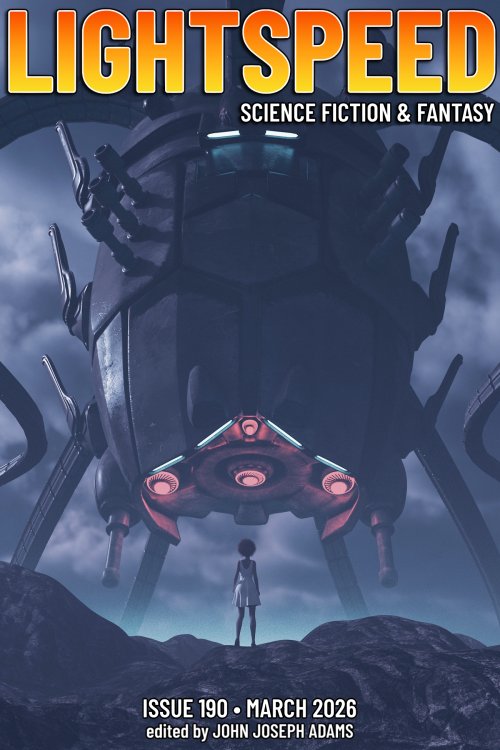Author Spotlight
Author Spotlight: Susan Palwick
It may be worth mentioning here that the idea from the story came from a real incident. After the 1988 World Fantasy Convention in London, I took the train up to Edinburgh, which is one of my favorite cities, and stayed there for a week. One day I was hiking by myself on Arthur’s Seat and heard someone ask, “Are you all right?” When I turned, I found a cop next to me. He and his partner patrolled the base of the park, and when they saw a woman alone, he left the patrol car to climb up and assess the situation.









